[ad_1]
During Israeli Apartheid Week, Doha News looks into the importance of Palestinian poetry.
Words are known to have their impact on individuals, especially when they convey emotions that can immediately be felt upon hearing or reading them. With poetry, words turn into art that leave a lingering impact on its readers and listeners.
Whilst poetry is often connected to romance, it can fall into an endless number of categories.
But when one takes a closer look into Palestinian poetry, all the words, regardless of the category they belong to, lead to one point—a land that has grown strange to peace over the past 74 years.
With Palestinian poetry, every verse lays out a brick on a long path leading back to Palestine, carrying the hope of seeing it free of the illegal Israeli occupation.
“Poetry combats erasure. It immortalises Palestinian memory and history. Poetry also promotes change and mobilises against Israeli attempts at brutalising our identity. It is an art form used to articulate our reality to the world,” Laura Albast, 26-year-old Palestinian journalist and translator, told Doha News.
Albast grew up in the Yarmouk refugee camp in Syria and lived on stories from Palestine that her grandmother, who was forcibly dispossessed from her homeland, told her.
Throughout her life, she learned more about Palestine from refugees and exiled communities that she met in Lebanon, Canada, Peru, and the US.
“I began writing about the only vivid experience I knew as a 10-year-old, and that was the experience of being a Palestinian in exile. This led me to Mahmoud Darwish, and other Arab poets,” said Albast.
‘They had no mercy’: Palestinian remembers moment he was made a refugee in 1948
For 30-year-old poet Tariq Luthun, who has spent most of his life far from his home in Gaza, poetry has helped him develop an identity and a closer connection to his homeland.
“Having poetry speak to me helped me develop an identity. It helped me develop a responsibility to the land, to this global community in a way that I don’t think I would have,” he said.
Palestine has birthed prominent poets whose words have continued to live on despite attempts by the apartheid state to bury them. Even for those who were buried, the familiarity of the land with its own language has always found a way for them to sprout again.
“The land itself has suffered from our absence […] what does it mean to watch the land that you used to care for be turned, churned and razed for the benefit of people who do not understand the land?”, said Luthun
Poets, including Mahmoud Darwish and Fadwa Tuqan, left a mark in resistance and continue to be invoked by every Palestinian—even when not citing poetry.
“I am moved by poems that seek to imagine what a liberated world would look like. Not just Palestinians, but for all of us, because when I think of a free Palestine, a liberated Palestine, I think of a liberated world,” said Luthun.
Beyond poetry, writers like Ghassan Kanafani, whose words have always been poetic, continue to echo outside of Palestine, inspiring generations of Palestinians. To Israel, any form of resistance that reminds the people of the existence of Palestine is a threat.
The Israeli Mossad, national intelligence agency, killed Kanafani for his powerful words, which was also the case for Dareen Tatour, who published the poem ‘Qawem ya Sha’abi, Qawem’ (resist, my people, resist) in 2015.
The vitality of her poem during the 2015 uprisings in Jerusalem posed a threat to the Zionist state.
“As a result of her poem going viral, she was detained and imprisoned by Israeli Occupation Forces for five months. Poetry is clearly deemed a threat, but there is nothing criminal about Palestinian resistance literature… except the occupation it recites,” said Al Bast.
For 20-year-old Nada Abuasi, who was born and raised in the diaspora, her last visit to Palestine in 2018 inspired her to write poetry. She tells Doha News that her favourite poet Samih Al-Qasim also penned her favourite poem, “Enemy of the Sun”.
“I had actually written my first Palestine-related poem on the grounds of Masjid Al Aqsa in the summer of 2018. I had been writing before but my poetry took a more cultural-political shift that summer,” she said.
Perceptions of poetry
Aside the role of Palestinian poetry in resistance, it has contributed in different capacities to oppressed communities in different parts of the world.
To Luthun, poetry has also played a role in contextualising the media’s reporting on Palestine, adding stories to the figures that are reported.
“Whilst news outlets can report about Palestine all they want, it is the stories, it is the poetry that really offers the texture and the imagery that contextualises the reporting,” he said.
How this Palestinian businessman in Qatar helps farmers under Israeli occupation
Luthun, a poet and community organiser, also believes poetry is a reflection of the world surrounding us.
“Poetry is not just something on the page to distract yourself from the world around you. Poetry is the world around you manifested on a page,” he added.
As for Albast, poetry has played a key role in growing up in exile and processing love, trauma, and belonging. She started writing poetry with the support of her grandmother, a professor of Arabic and philosophy and a fashion designer.
“I can be a Palestinian poet who writes about her homeland, but I can also write about life. My art is not confined to the tragedy of my people. It can also be a tool of reflection, imagination and healing,” she said.
Albast was inspired by a television series about Syrian poet Nizar Qabbani, which aired on various channels in the Arab world in the mid 2000s.
“I was drawn to his wordplay and art of recitation and wanted to imitate him,” she said, recounting the moment her 10-year-old self was entranced by poetry.
However, her favourite poet remains Mahmoud Darwish, whose famous words include: “On this earth there is what deserves life[…] she used to be called Palestine and she is still called Palestine.”
“I realise he is a favourite for many, but that’s because, for much of my generation, we grew up on his poetry during a charged time for Palestinians everywhere, and Darwish, regarded as the national poet of our time, verbalised our struggle for the world to hear when they choose not to see it,” said Albast.
Abuasi, who comes from a younger generation in comparison to Luthun and Albast, sees poetry as a tool to amplify the voices of the oppressed.
“Poetry is a language, a way of translating experiences and giving voice to those who would otherwise suffer in silence. I think Palestinian poetry carries the legacy of resistance and struggle,” said Abuasi.
What Abuasi, Luthun and Albast have in common, is their ability to connect to their homeland through poetry.
“Many of us were taught poems by our families, such that we still have them memorised. Through Palestinian poetry we enforce a collective memory, a shared yet individualised experience (specific to the poet), one that becomes the crux and motivation for propelling liberation,” explained Abuasi.
Whilst the Nakba, the mass exodus of Palestinians to make way for Jewish settlers to establish Israel, is often associated with 15 May, 1948, it in fact started some time before.
And whilst the Nakba, or the catastrophe, is fixed on a specific date, it remains ongoing as the forced dispossessions of Palestinians by the Zionist state continues and the killings persist.
‘The apartheid remains’: Palestinian filmmaker urges action from global arts industry
According to Amnesty International, more than 6 million Palestinians remain refugees, most of whom live in camps in neighbouring countries.
In 2021, 902 Palestinian structures were either demolished or seized by Israel over claims that they did not have building permits. Such accusations are used by the apartheid state in forcibly dispossessing Palestinians, including families in the Sheikh Jarrah neighbourhood.
The neighbourhood is home to 28 Palestinian families who have lived there since 1956. The people living in Sheikh Jarrah were part of a bigger population of 750,000 Palestinians who were forcibly expelled by Israeli militias in 1948.
The Sheikh Jarrah homes were built in accordance with the UN refugee agency and Jordan. Settler organisations later filed a lawsuit in 1972 alleging that the land on which Sheikh Jarrah belongs to them.
“The Nakba is ongoing. Wherever I call home will never truly be my home; I do not belong, no matter how seamlessly I may assimilate. I am Palestinian, born of the land. In exile, I am doing my part with the international community, advocating for my return to a liberated Palestine,” said Albast.
Collectively, the three Palestinians see poetry as a way back to a liberated Palestine and a liberated world.
“For many of us living in the Diaspora, we resist by all means afforded to us, whether that’s grassroots organising […] or immersing ourselves in art and poetry,” said Abuasi.
“For many of us, we take on Fawaz Turki’s beautiful words “I want to return, therefore I am.” We will return. Soon. To a liberated Palestine, from the river to the sea,” she noted.
Despite the decades of ethnic cleansing, Palestine does continue to create more poets and writers, including Mohammed El Kurd and Hala Alyan—both which Luthun himself enjoys reading.
“Even if the poetry itself is not changing minds, in changing opinions, in changing hearts, at the very least poetry is holding us [together]. It is keeping us steadfast,” said Luthun, explaining that to exist as a Palestinian is to resist.
“The fact that we exist in the face of all the things that seek to undo us is extremely powerful and then with that existence we choose not just to survive, but to thrive. We choose to push [the] truth to create literature,” he said.
Follow Doha News on Twitter, Instagram, Facebook and Youtube
[ad_2]
Source link


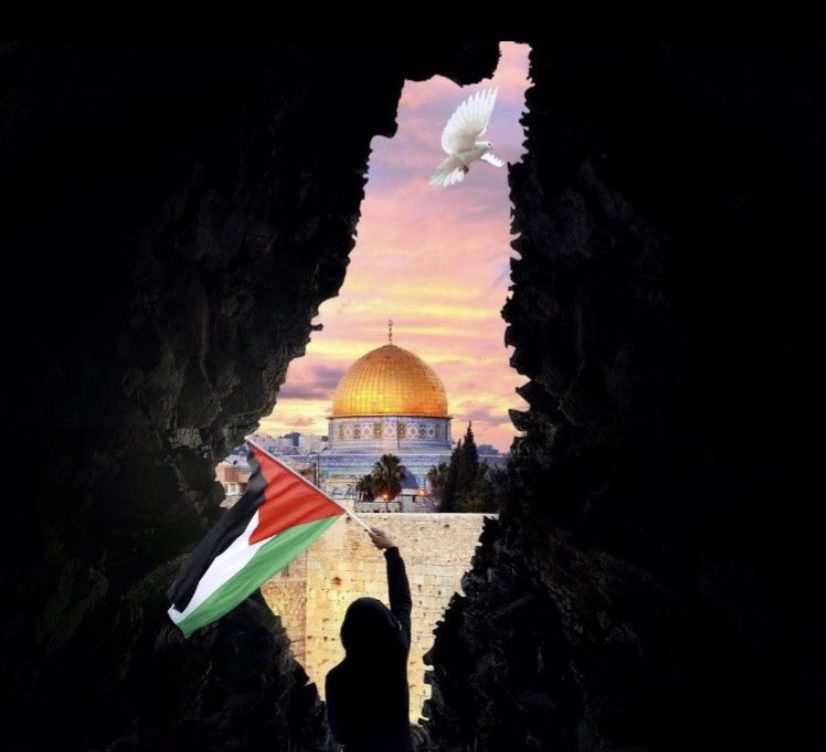
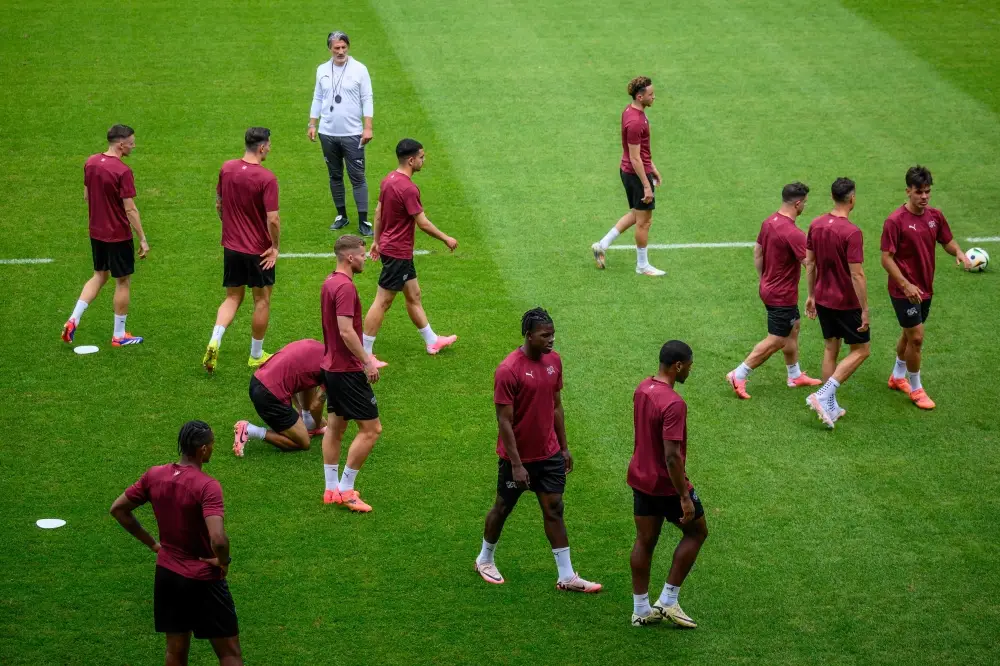
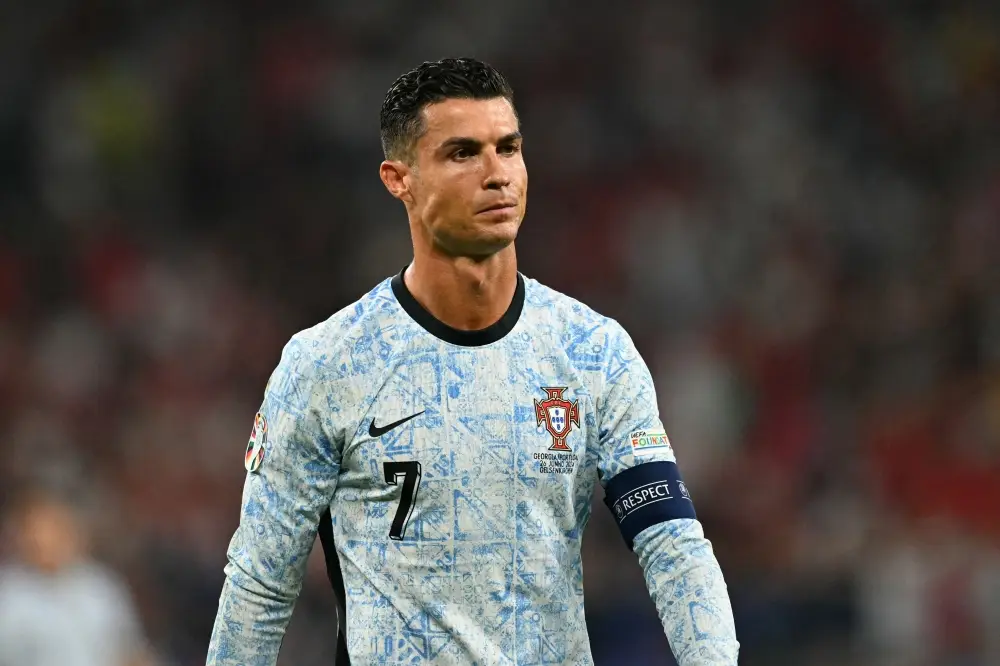
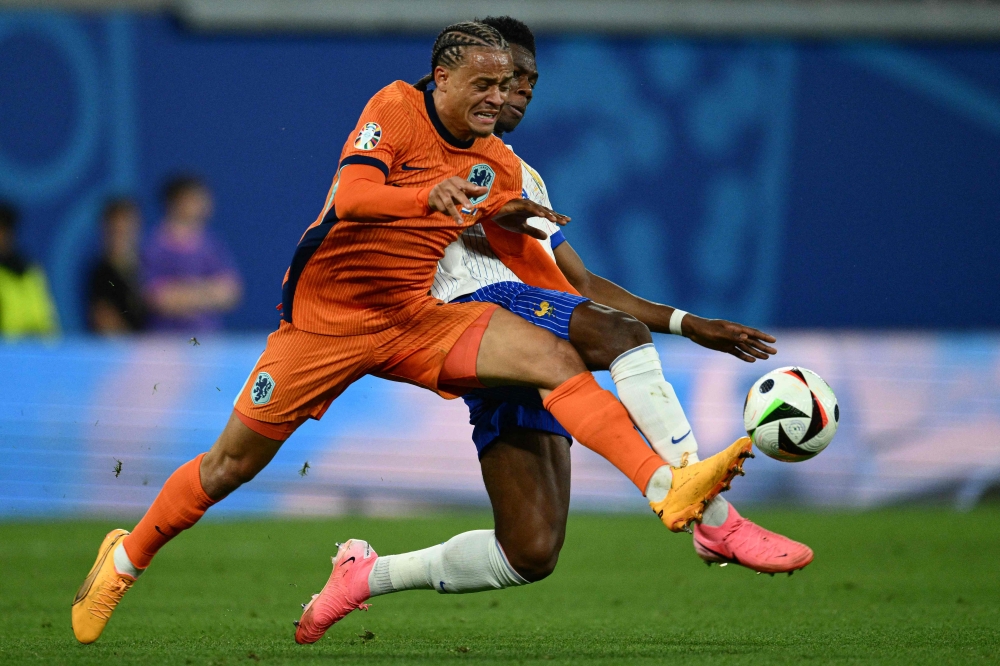
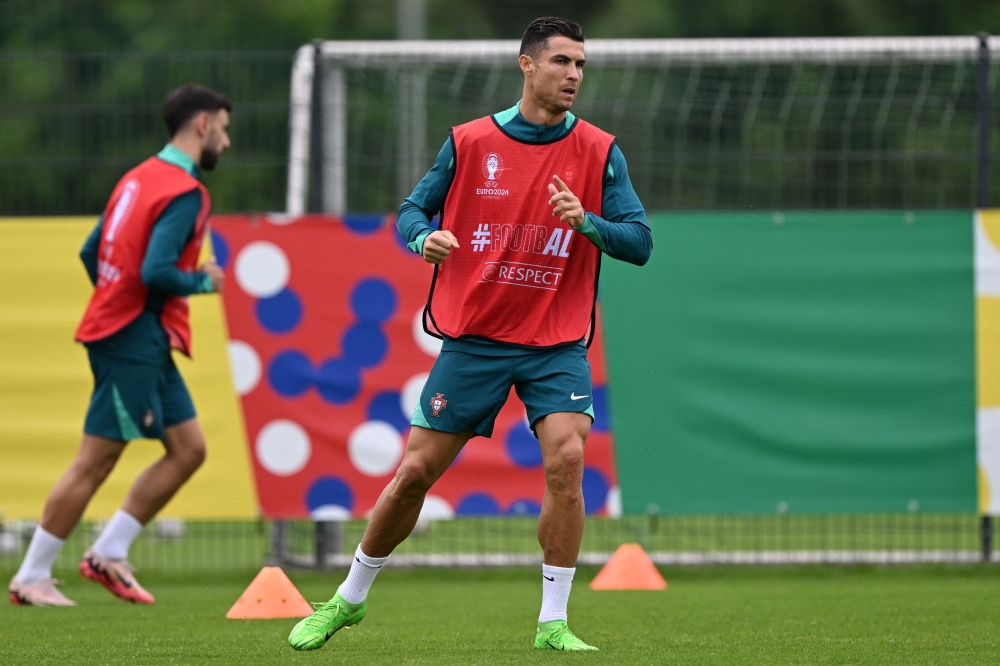
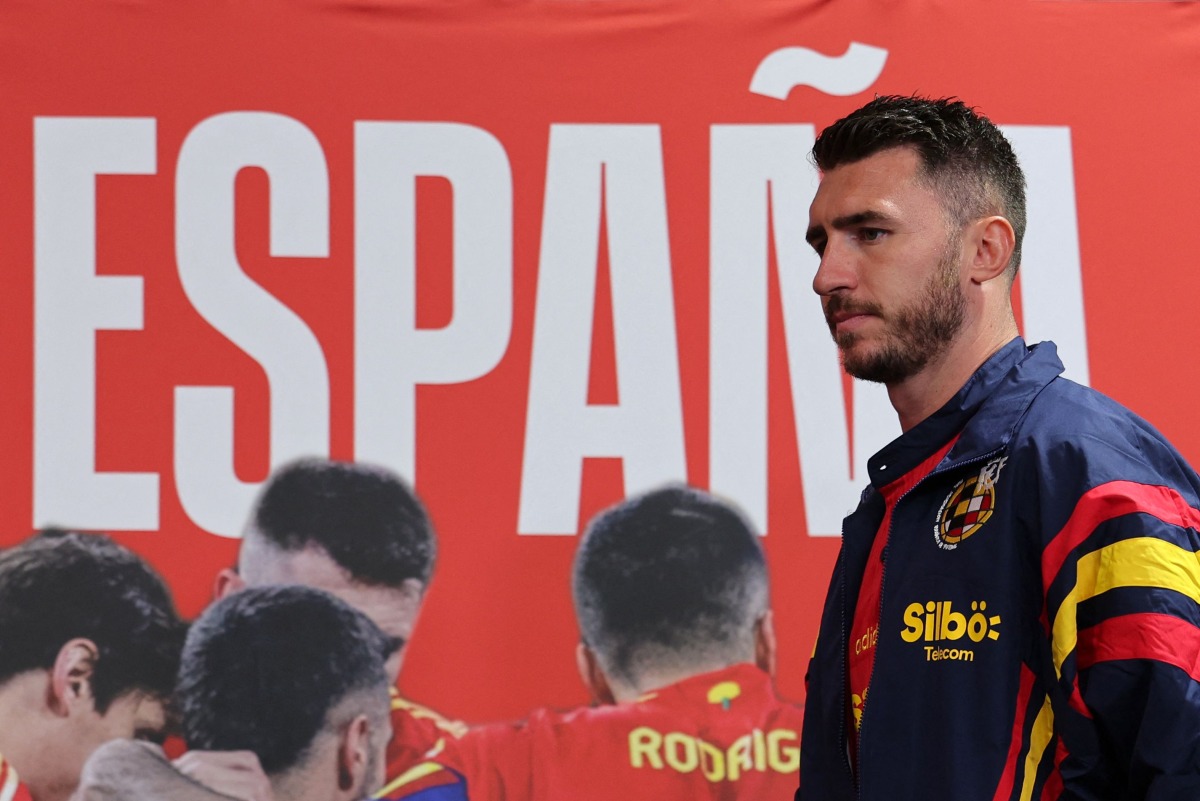

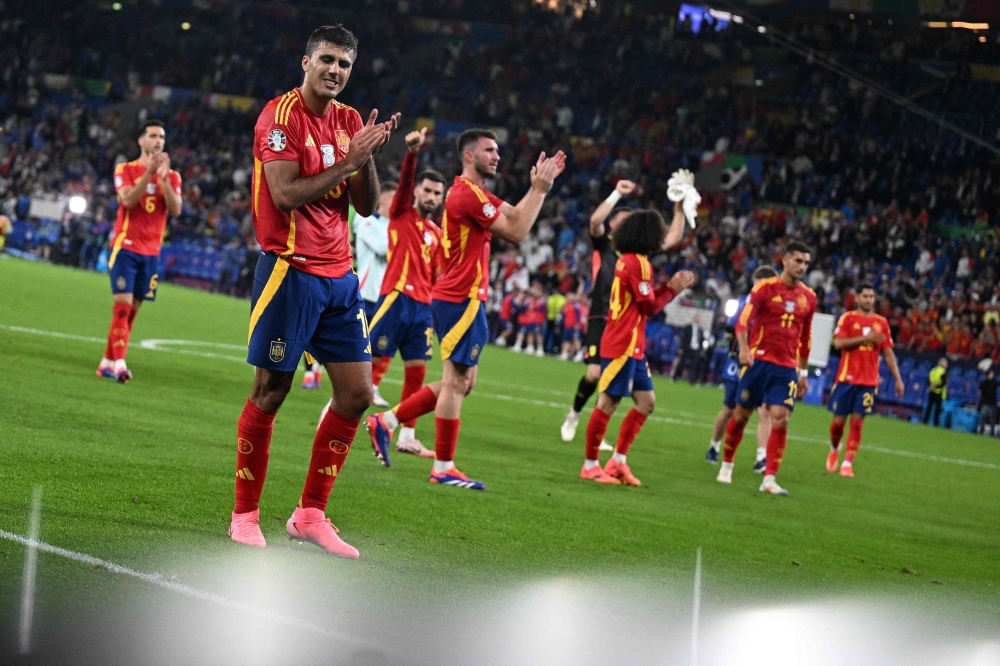
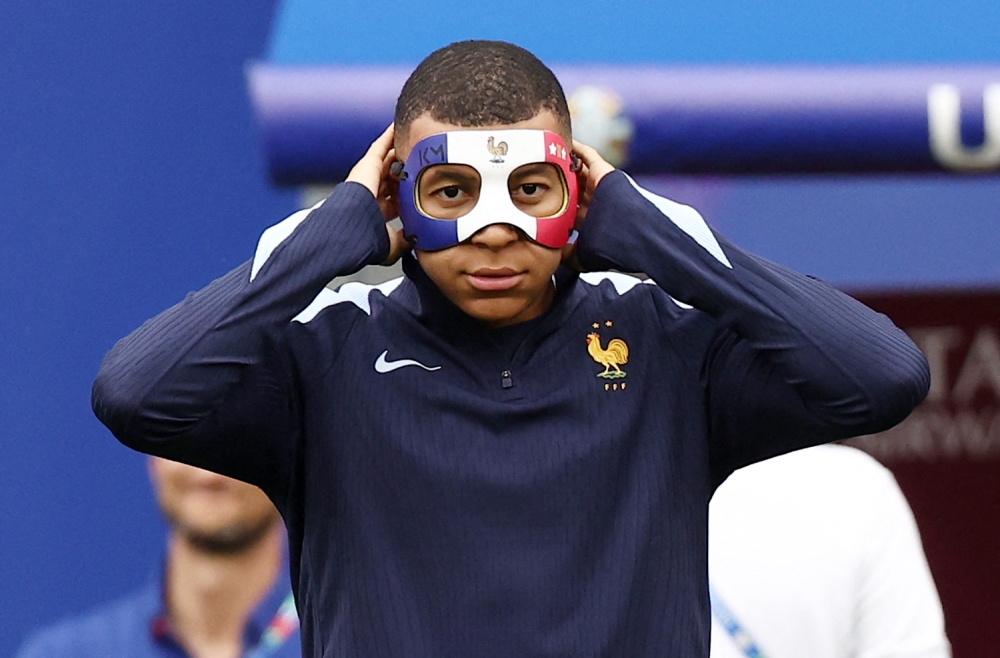
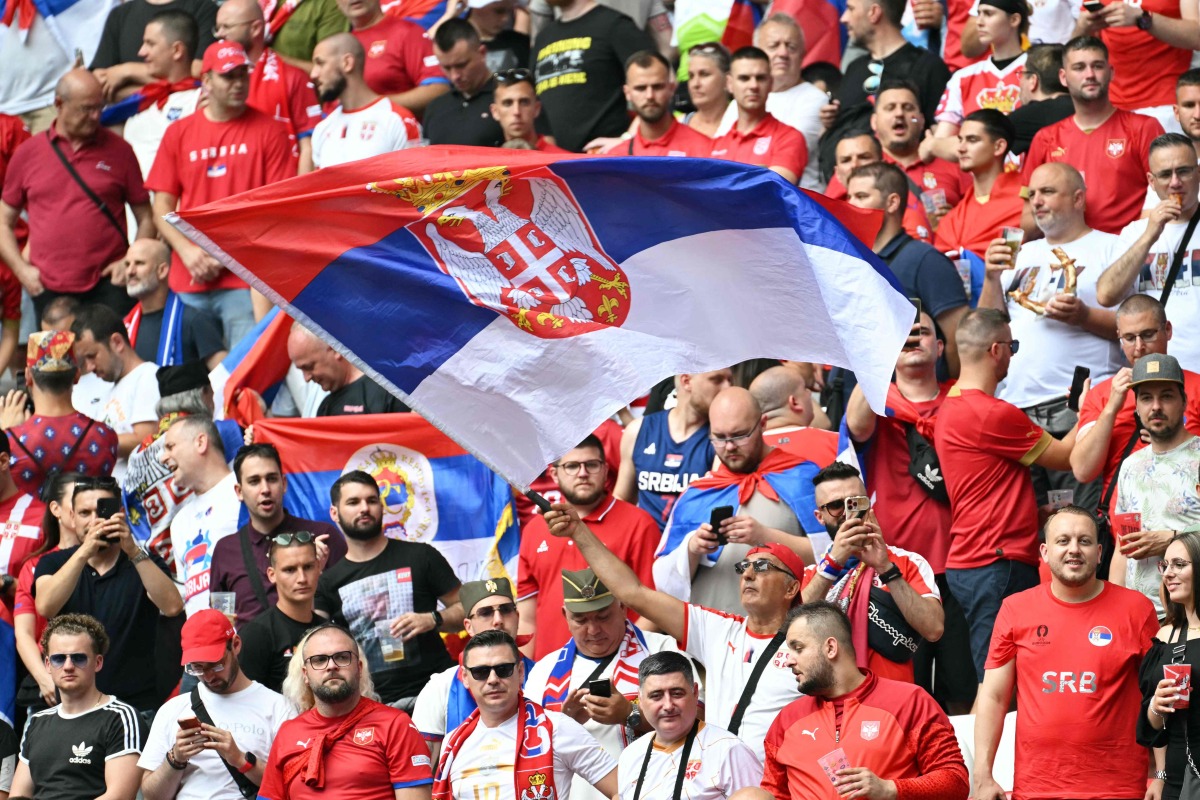
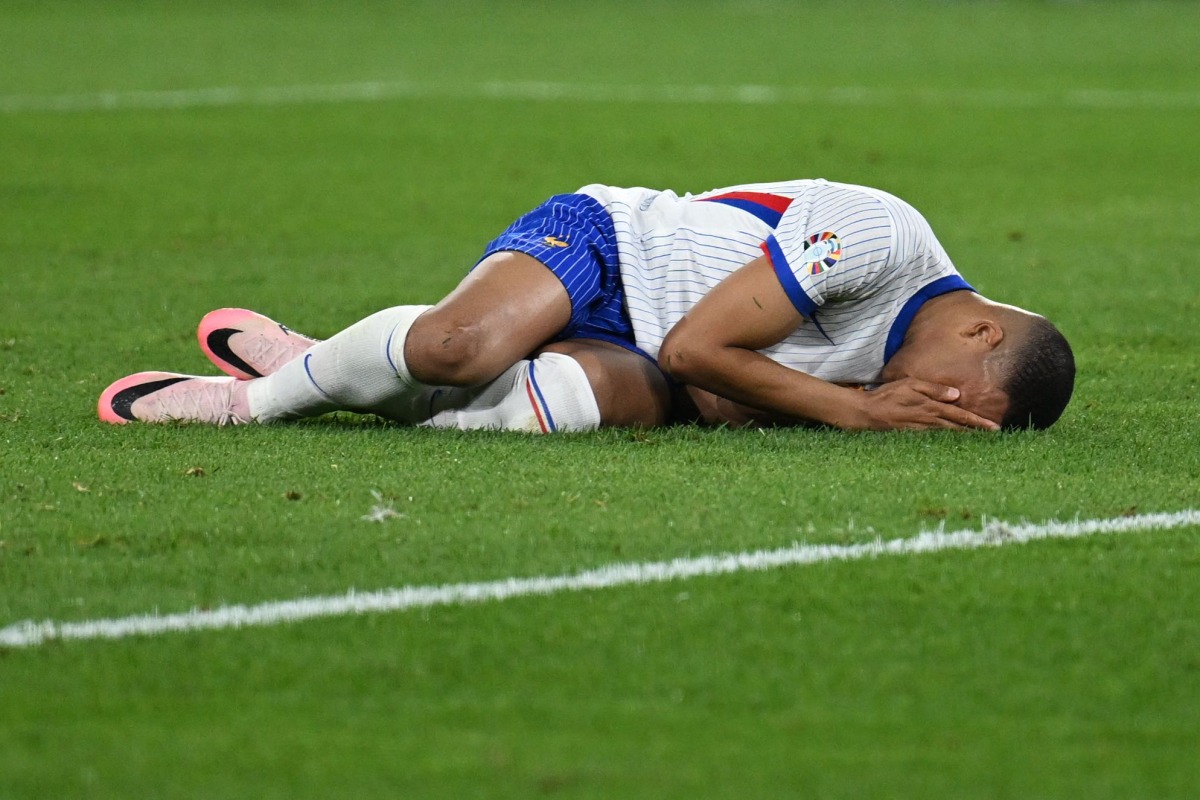




Leave a Reply